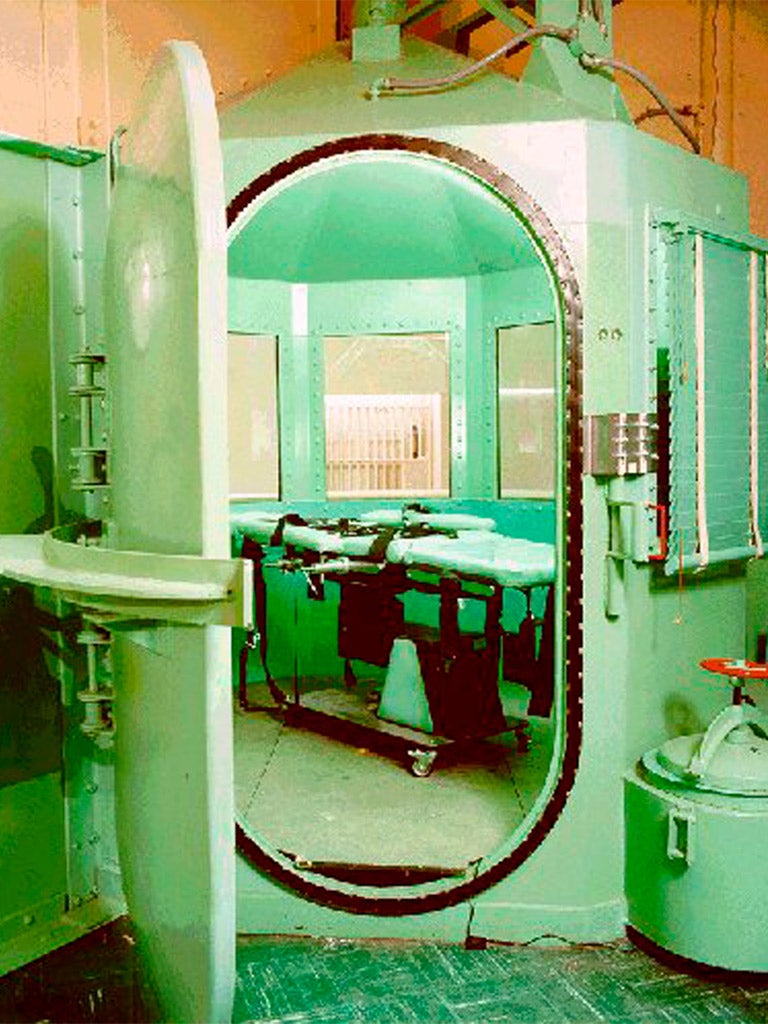Your support helps us to tell the story
From reproductive rights to climate change to Big Tech, The Independent is on the ground when the story is developing. Whether it's investigating the financials of Elon Musk's pro-Trump PAC or producing our latest documentary, 'The A Word', which shines a light on the American women fighting for reproductive rights, we know how important it is to parse out the facts from the messaging.
At such a critical moment in US history, we need reporters on the ground. Your donation allows us to keep sending journalists to speak to both sides of the story.
The Independent is trusted by Americans across the entire political spectrum. And unlike many other quality news outlets, we choose not to lock Americans out of our reporting and analysis with paywalls. We believe quality journalism should be available to everyone, paid for by those who can afford it.
Your support makes all the difference.The future of America's largest death row lies in the hands of California's voters after opponents of capital punishment succeeded in placing a measure that would outlaw the practice onto November's election ballot.
If passed, the initiative would repeal the death penalties hanging over all 725 of the convicted murderers being held at the State's Death Row facility at San Quentin Prison. Their sentences would be commuted to life behind bars, without the chance of parole.
"Our current system is broken, expensive, and it will always carry the grave risk of mistake," said Jeanne Woodford, a former warden at the prison, who backs the ballot measure.
California would become the 18th State in the nation without a death penalty, and the sixth to abolish executions in the past five years. The measure was formally added to the ballot on Monday afternoon, after its authors collected the signatures of more than half a million voters.
Opponents of abolition have spoken out against the measure. Jim Neilsen, a Republican, told reporters yesterday that abolishing executions would amount to "spitting in the face of the grieving victims of these vicious heinous atrocious murderers".
Polls suggest the coming battle will be closely fought. Despite having vigorously supported the death penalty only a few years ago, California's voters are increasingly sceptical about whether it provides either a cost-effective or ethical form of punishment. A string of high-profile acquittals, mostly involving DNA evidence, have shaken public confidence in a system which disproportionately affects ethnic minorities and which, even when correctly applied, costs billions of dollars each year to oversee.
California has spent $4bn (£2.2bn) on its Death Row facility since capital punishment was re-introduced 23 years ago. In that period, 13 prisoners have been put to death. Today, inmates at San Quentin are more likely to die of natural causes than in the executioner's chair.
Despite the $180m-a-year cost of maintaining capital punishment, no-one has actually been executed in California since 2006, when a judge placed a moratorium on lethal injections.

Join our commenting forum
Join thought-provoking conversations, follow other Independent readers and see their replies
Comments